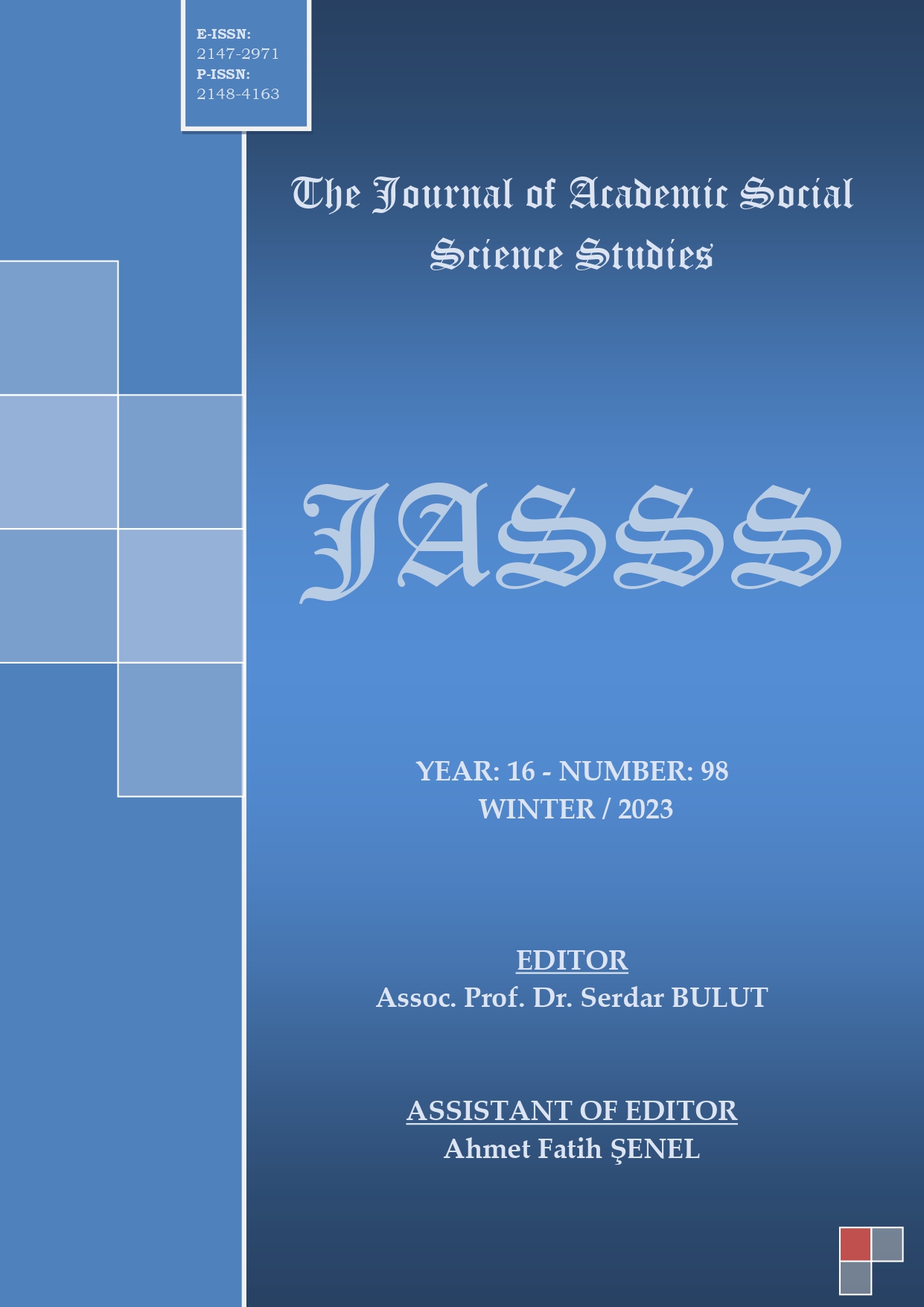Author :
Abstract
1970’lerden itibaren kamu yönetimi katılımcı, saydam, vatandaş odaklı ve performans esaslı şekillendirilmiş bu oluşuma Yeni Kamu Yönetimi (YKY) anlayışı adı verilmiştir. Yeni paradigma kamu yönetiminde etkin ve verimli hizmet anlayışına dayanmakta olup benimsediği yönetsel değerler kamu yönetiminde önemli dönüşümleri beraberinde getirmiştir. Klasik denetim yolları da YKY anlayışının etkisi ile, halkın hesap sorabileceği, şeffaf alternatif yollar aramış ve bugün uluslararası literatürde çoğunlukla ombudsmanlık adıyla anılan kurum oluşturulmuştur.
İlk kez 19. Yüzyılda İsveç’te oluşturulan ombudsmanlık kurumu, birçok ülke tarafından uygulanan denetim kanallarından biri haline gelmiştir. Çalışmada ombudsmanlık kurumunun tarihsel gelişim süreci, literatürdeki ombudsman tanımları, çalışma şekli, yetkisi, statüsü, görevleri ve işlevleri açıklanmış, daha sonra da bu bilgiler ışığında Türkiye’de ombudsmanlığın uygulanması süreci anlatılmıştır.
Çalışmanın sonucu olarak, tüm kamu kurumları için ihtiyaç olan ombudsmanlık kurumunda karşılaşılması muhtemel sorunların neler olacağı, bu sorunların nasıl giderileceği tartışılmış ve mevcut sistem dahilinde ombudsmanlığın yapılandırılmasıyla uygulanmasının daha da yayılacağı sonucuna varılmıştır. Ombudsmanlığın Türkye’de kamu kurumlarında denetimin işlerliği ve halkın hesap sorabilirliği bakımından yararlı olacağı sonucuna varılmıştır.
Keywords
Abstract
Since the 1970s, public administration has been shaped as participatory, transparent, citizen-oriented and performance-based, and this formation has been called the New Public Management (NPM) approach. The new paradigm is based on the understanding of effective and efficient service in public administration, and the managerial values it has adopted have brought about important transformations in public administration. With the influence of the understanding of NPM, classical audit methods have sought transparent alternative ways in which the public can be held accountable, and the institution commonly referred to as ombudsman in the international literature today has been established.
The ombudsman institution, which was first created in Sweden in the 19th century, has become one of the control channels implemented by many countries. In the study, the historical development process of the ombudsman institution, the definitions of ombudsman in the literature, the way it works, its authority, status, duties and functions are explained, and then the implementation process of the ombudsman in Turkey is explained in the light of this information.
As a result of the study, the ombudsman institution, which is needed for all public institutions, the possible problems that will be encountered, how these problems will be solved, were discussed and it was concluded that by structuring the ombudsman within the current system, its implementation will be further expanded. Ombudsmanship will be useful in terms of the functionality of auditing in public institutions in Turkey.





